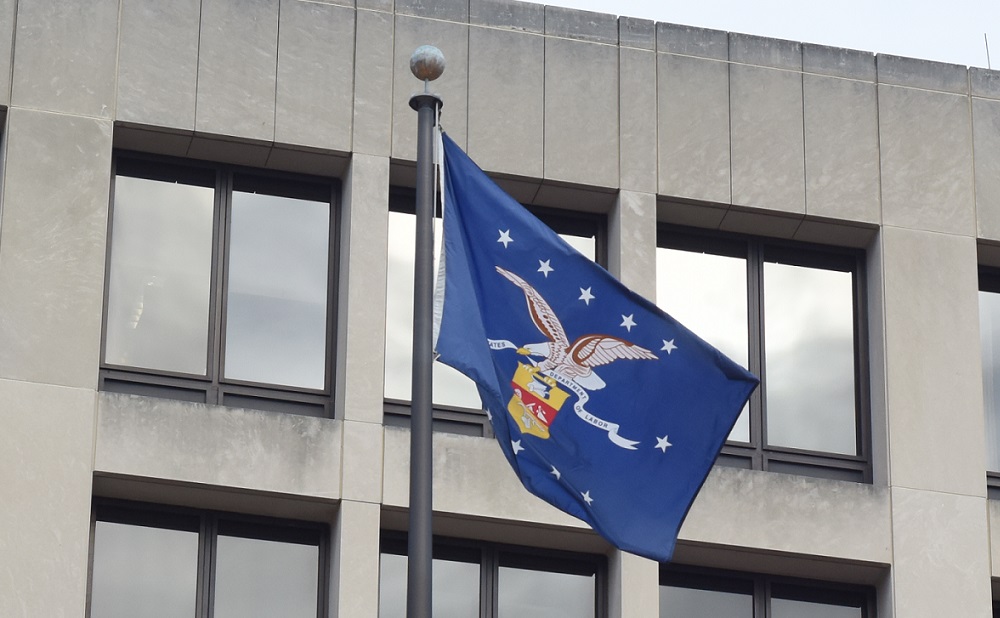The House passed H.R.7024, a tax bill that would enhance several key business tax rules as well as the child tax credit, has hit a hurdle in the Senate. A key Senator (GOP leader of the Finance Committee) and a number of his colleagues want changes to the bill before they will support it.
H.R.7024 would:
Increase in the deduction for business loan interest.
- Provide more generous expensing/depreciation rules.
- Raise the reporting threshold for the requirement to tell the IRS when payments for services performed by an independent contractor are made. The threshold would go from $600 to $1,000.
- Expand child tax credit (CTC).
- Increase the deduction for domestic research & development expenditures.
- Provide tax relief for taxpayers who were the victims of specified natural disasters last year.
- Expand the low-income housing tax credit.
- Adjust tax rules related to Taiwan due to the lack of a tax treaty with Taiwan.
The offset for this $78 billion tax bill is a change to the rules governing the pandemic-era employee retention tax credit (ERTC). The ERTC changes would raise all but $260 million of the cost of the H.R.7024, the Tax Relief for American Families and Workers Act. Generally, the changes include accelerating the cut-off of ERTC—new claims could not be submitted as of January 21, 2024—and a series of rules and penalties aimed at promoters of ERTC claims.
The House of Representatives, on January 31, overwhelmingly (the vote was 357 to 70) approved the bill, but the package has run into hurdles in the Senate. There, some Republican Senators want to wait to act on these provisions until 2025, when they believe they will be in a stronger political position and when a broad tax bill (dealing with the expiration of the 2017 individual and estate tax rules) will be at the top of the agenda. Some GOP Senators, led by Finance Committee ranking member Sen. Mike Crapo (R-ID), want an opportunity to amend the bill. Some support the measure as passed by the House. Generally, Democrats have not publicly stated opposition to the bill, but at least ten Republican votes would be needed to enact it.
Among the changes Sen. Crapo says he and his like-minded colleagues want to make is the inclusion of a package of SECURE 2.0 technical corrections, and the addition of a statutory catch-up contribution rules change to SECURE 2.0. The rules change would codify that catch-up contributions are available to those eligible, despite mistakenly drafted language in the SECURE 2.0 bill as enacted. Currently, the catch-up contribution issue is being handled by Treasury regulation, but most experts believe the statutory change is necessary.
Prospects: Senate prospects for the bill are murky. There is considerable bipartisan support for it, and both business and family interests are lobbying Senators to support the bill. But many GOP Senators are reluctant to block their leader of the tax-writing Finance Committee, and Democratic leadership has not yet decided whether to bring the bill to the Senate floor for a vote over the objections of so many Republicans. While it is unclear whether the bill will get a Senate vote this year, it is clear that it will not happen until the government funding debate concludes—that is not likely to happen until sometime between March 22 and April 30.
NAIFA Staff Contacts: Diane Boyle – Senior Vice President – Government Relations, at dboyle@naifa.org, or Jayne Fitzgerald – Director – Government Relations, at jfitzgerald@naifa.org.






.png?width=600&height=90&name=Support%20IFAPAC%20%20(600%20%C3%97%2090%20px).png)
